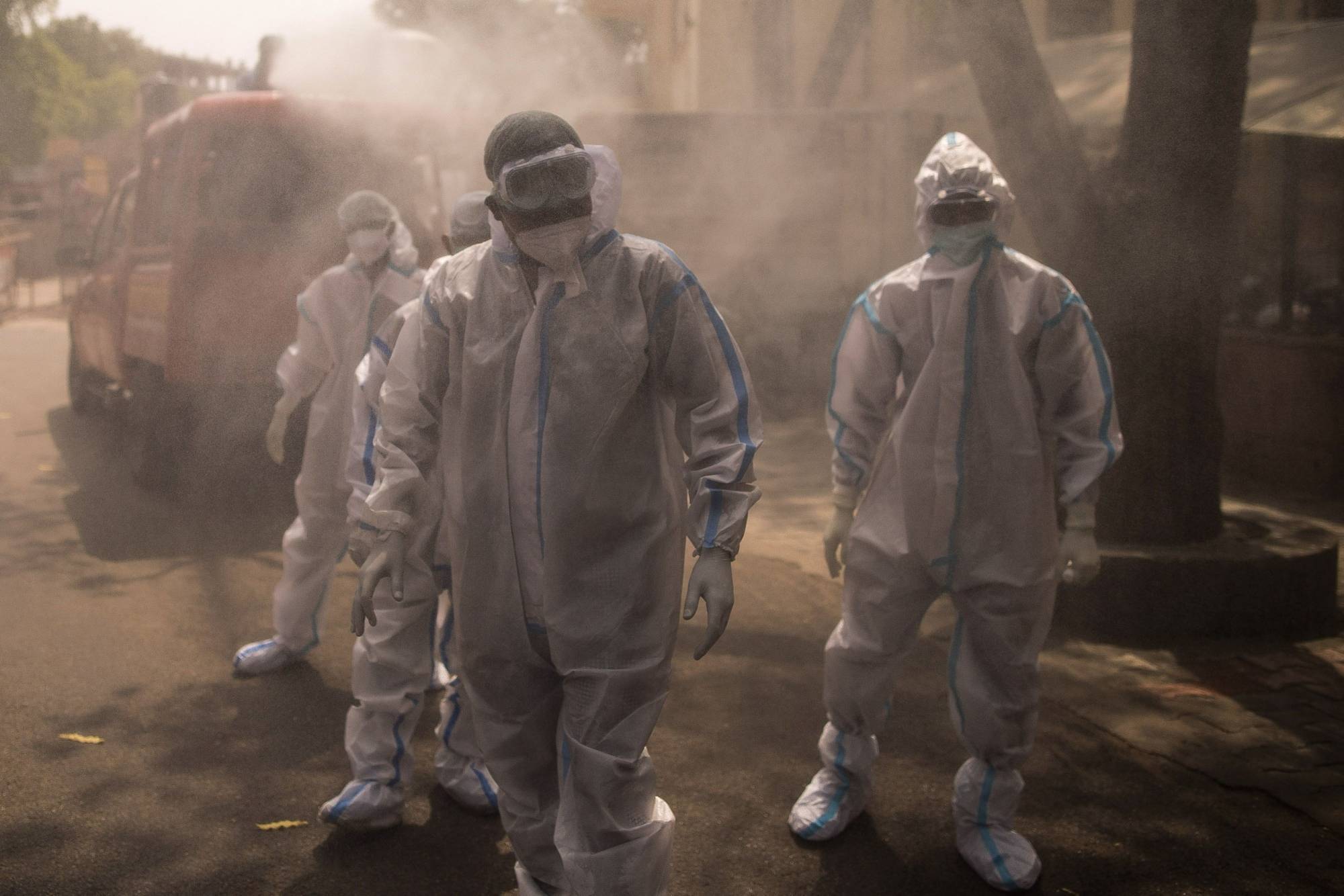For a century, the Indian Council of Medical Research was a little known government body quietly studying illnesses in New Delhi. But during the pandemic, it’s taken on a role akin to Anthony Fauci’s National Institute of Allergy and Infectious Diseases in the U.S. — a powerful position that’s made it a controversial face of India’s struggles with COVID-19.
As the ICMR has acted as a key medical adviser to Prime Minister Narendra Modi and his health ministry, it has increasingly drawn criticism from the nation’s doctors and independent scientists, who have questioned its drug recommendations and the group’s lack of transparency on data related to variants identified in India that are now spreading globally.
India struggled to curb the world’s fastest coronavirus surge this summer, and public health experts are warning that the country is ill prepared to face a possible third wave of infections. Some of the ICMR’s decisions during the pandemic reflect the broad chaos that’s dogged India’s overwhelmed government apparatus, and have ended up benefiting the pharmaceutical industry rather than patients, critics say.



